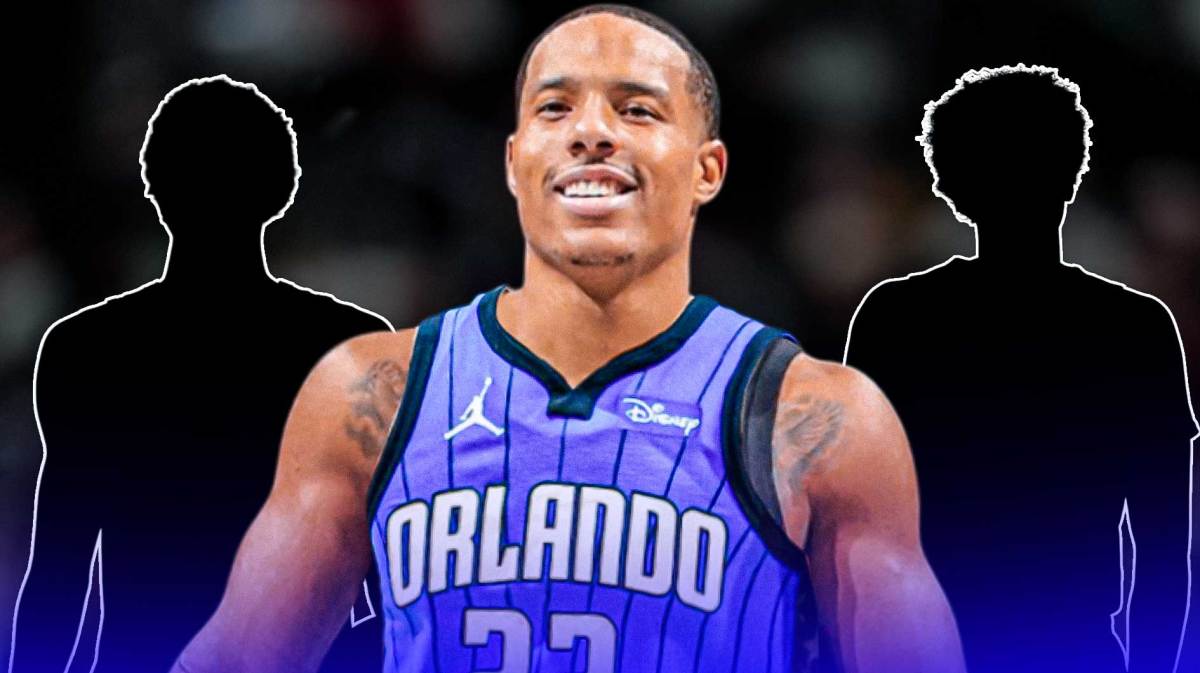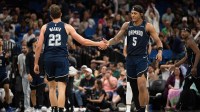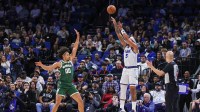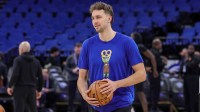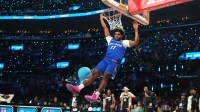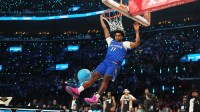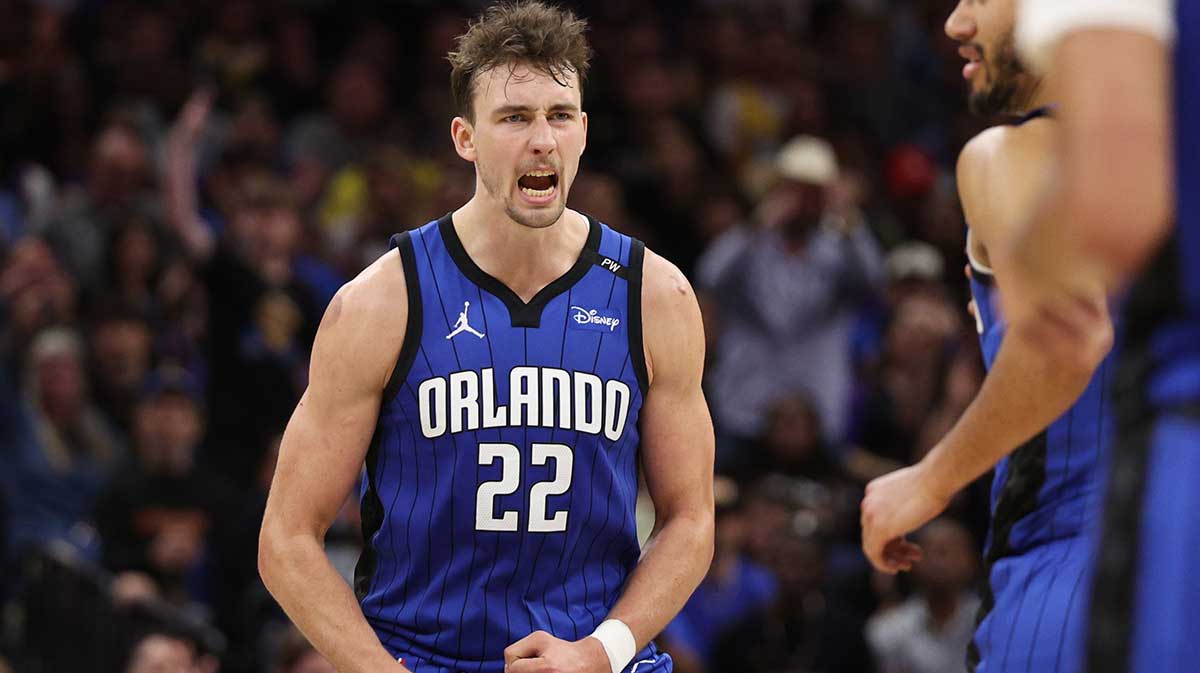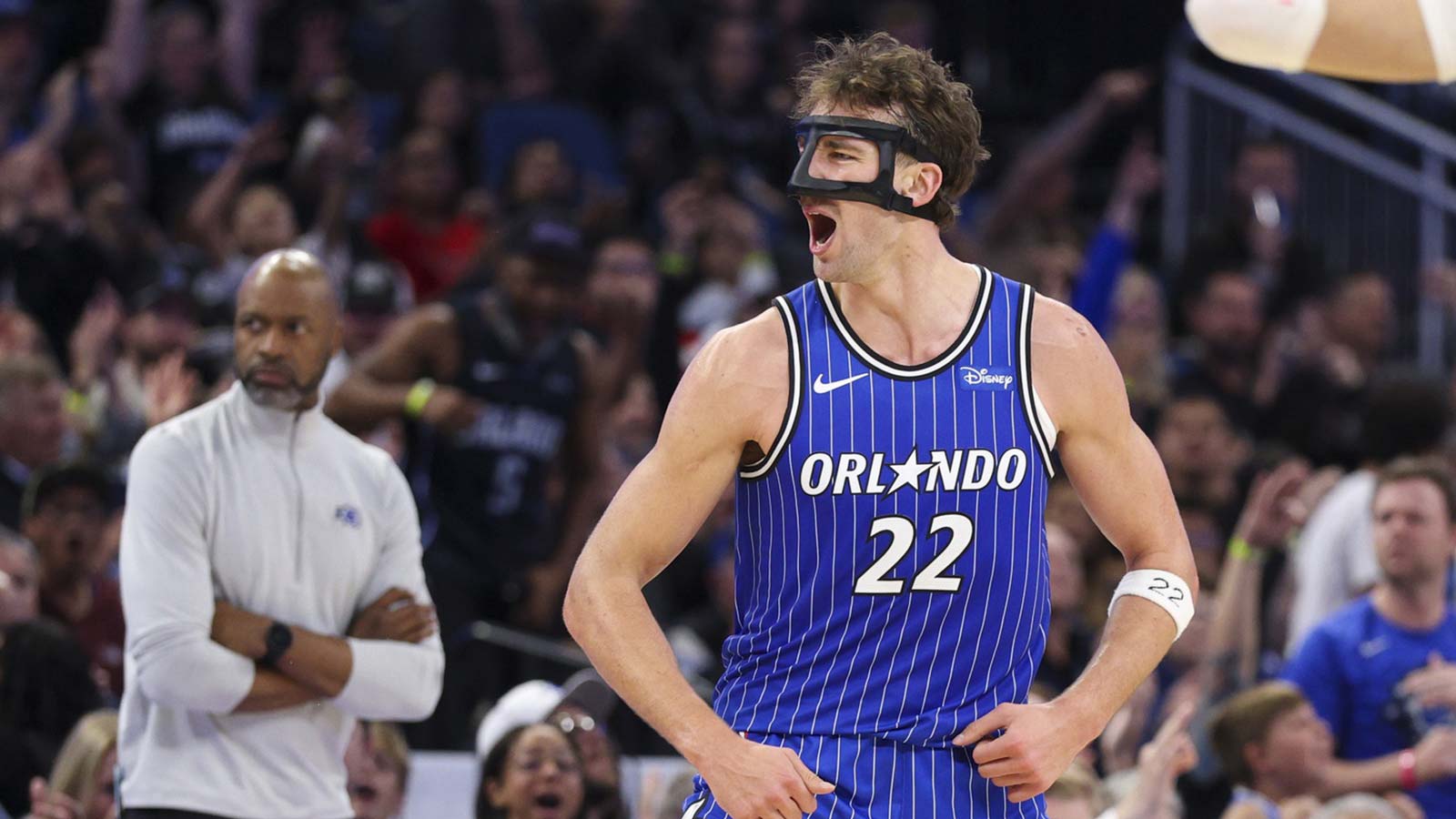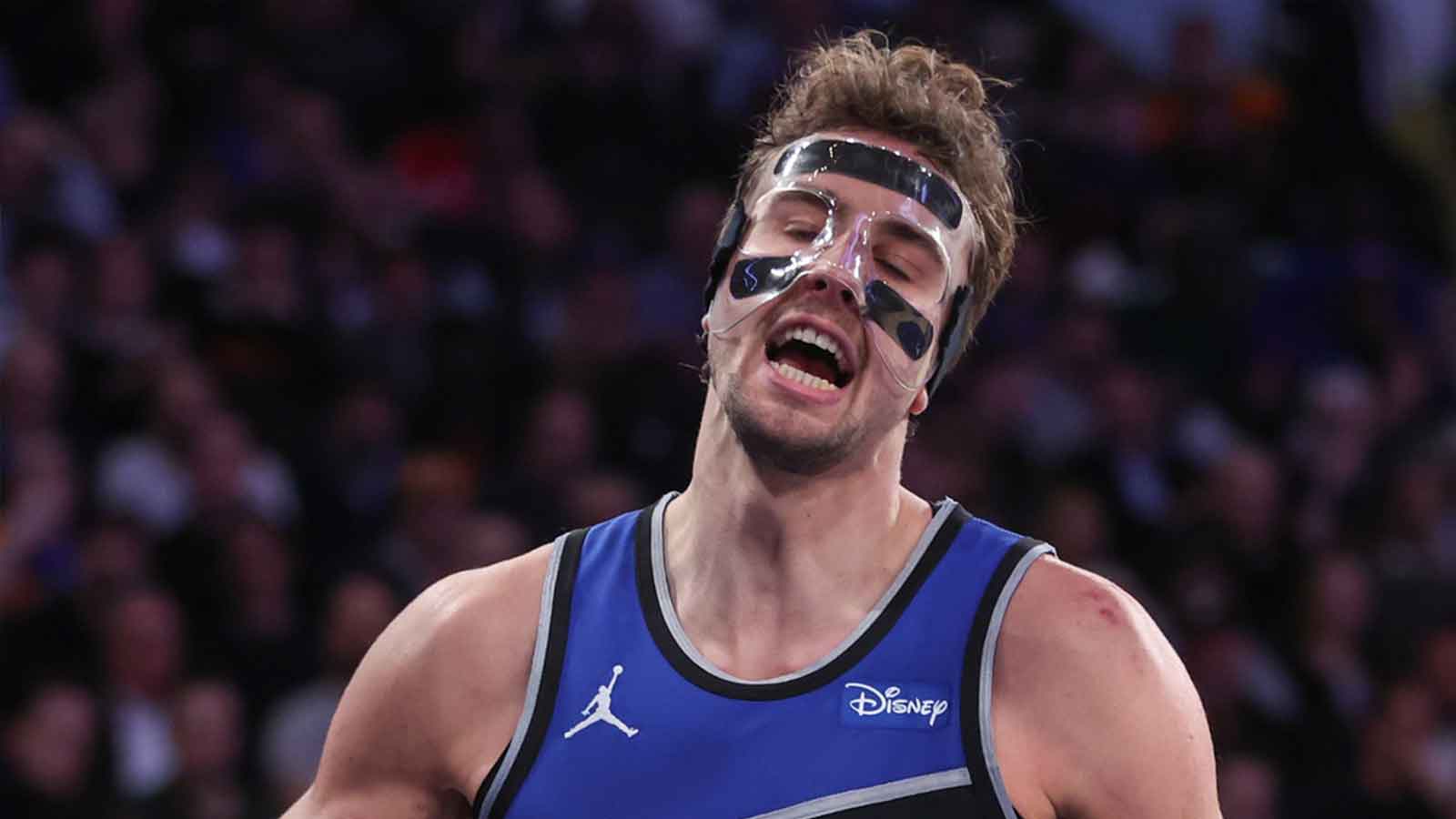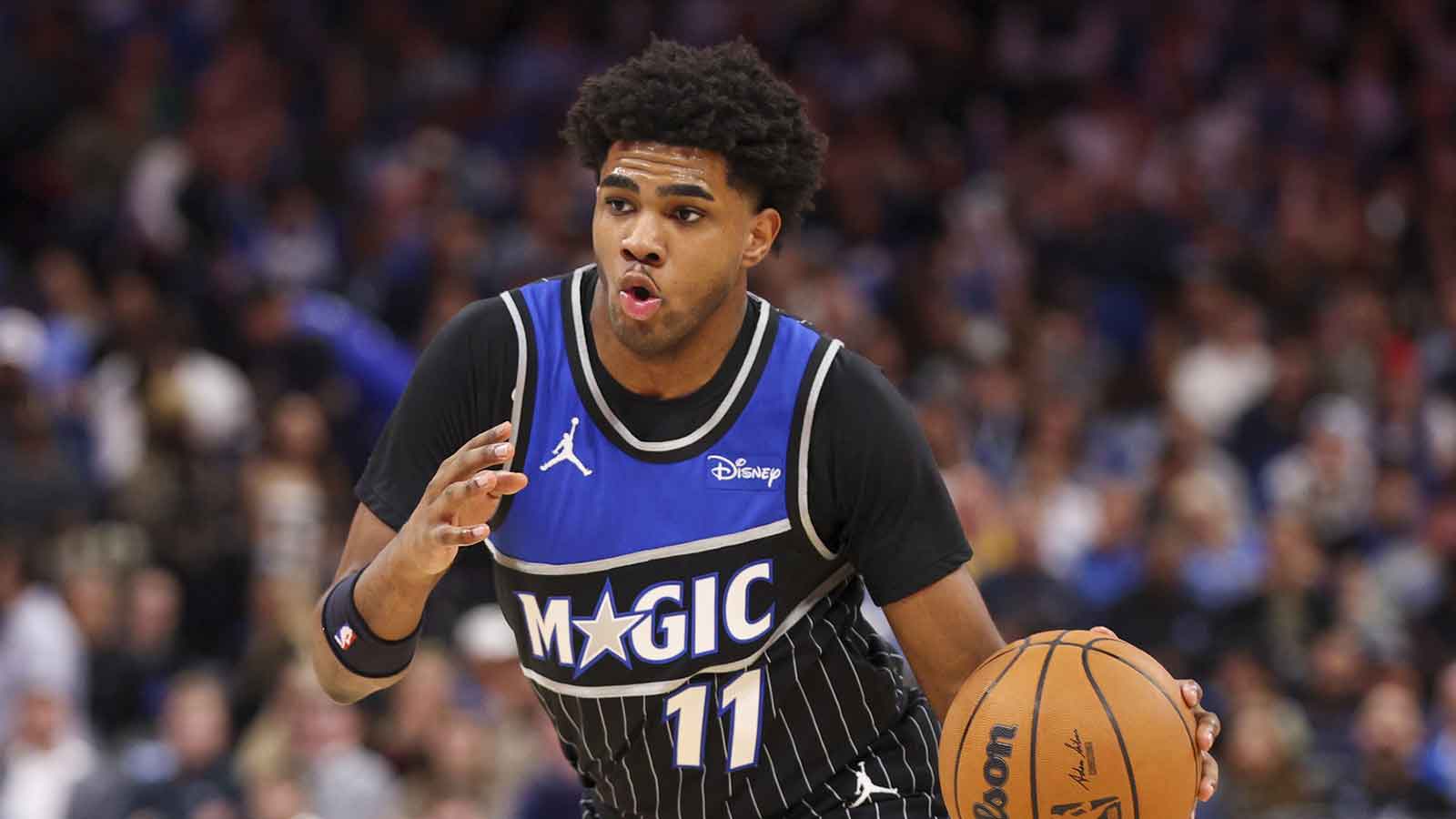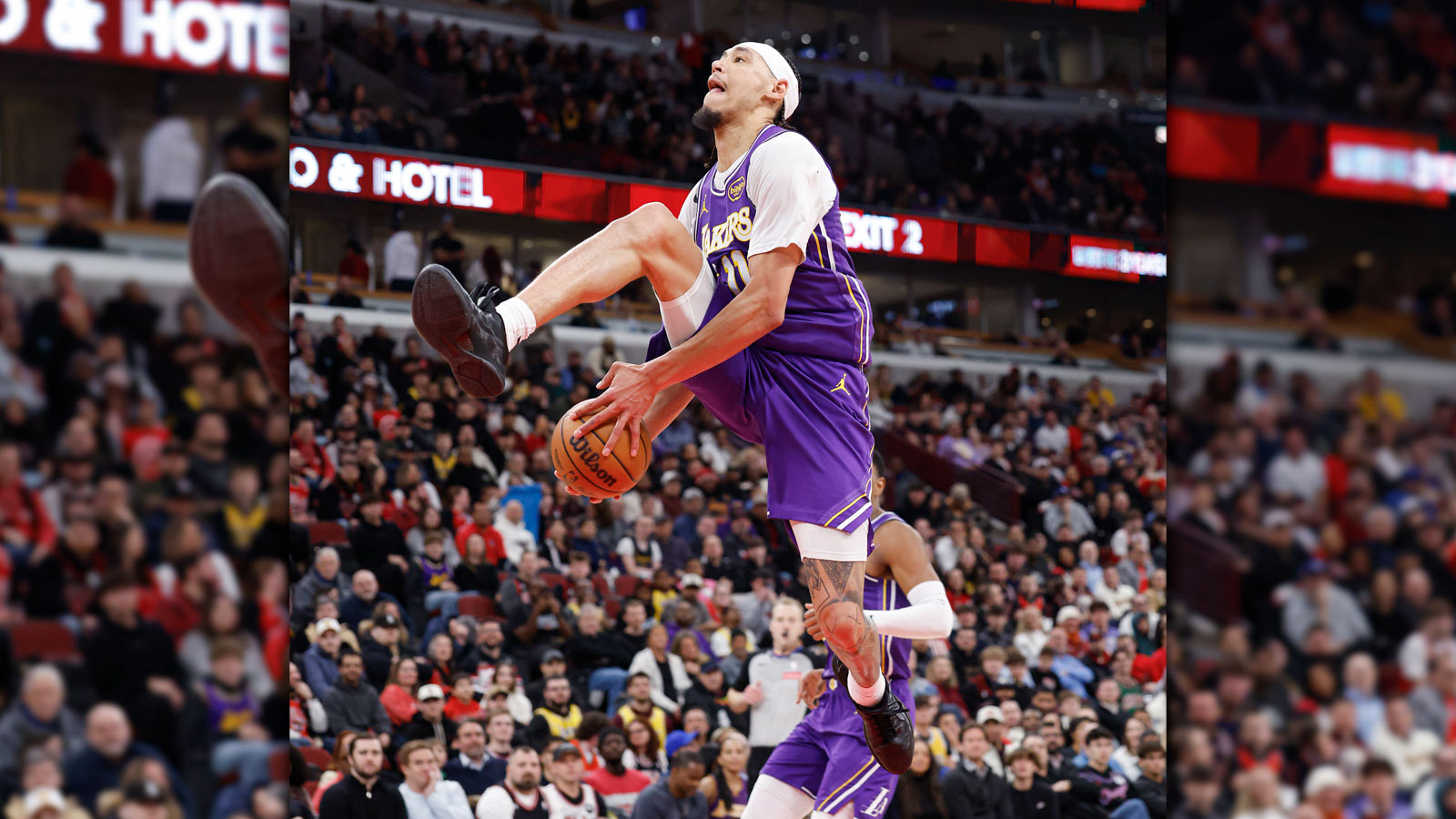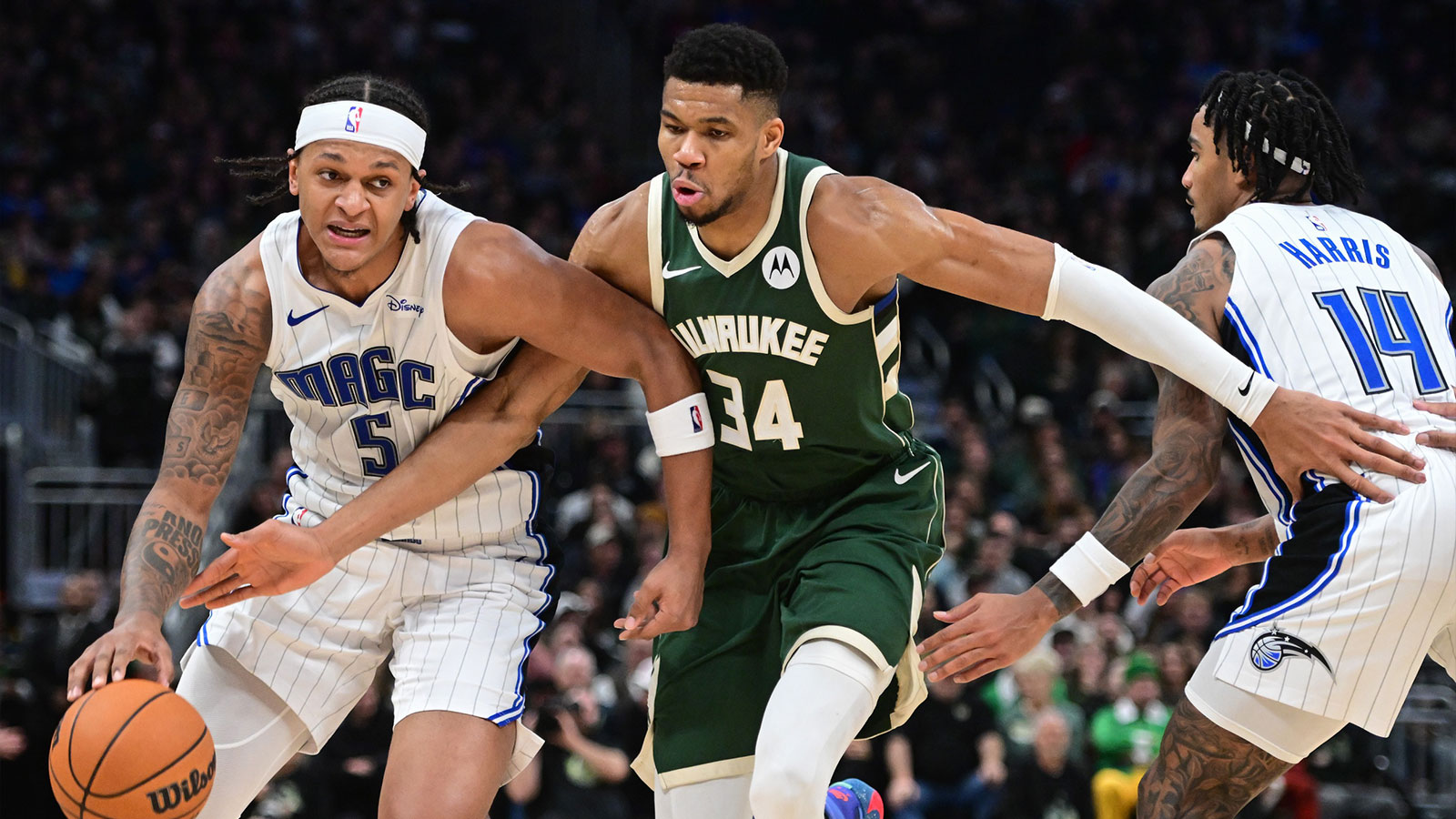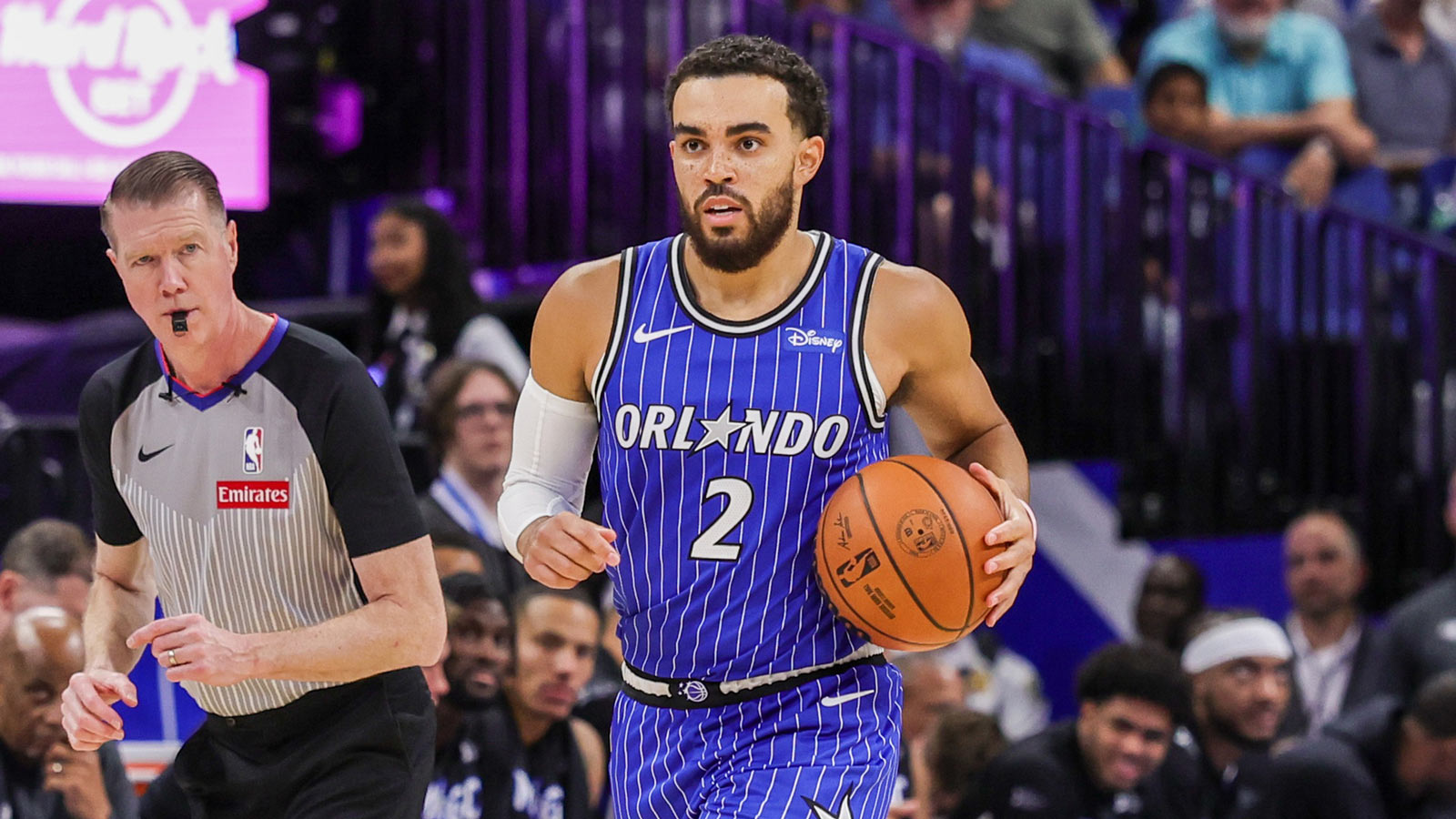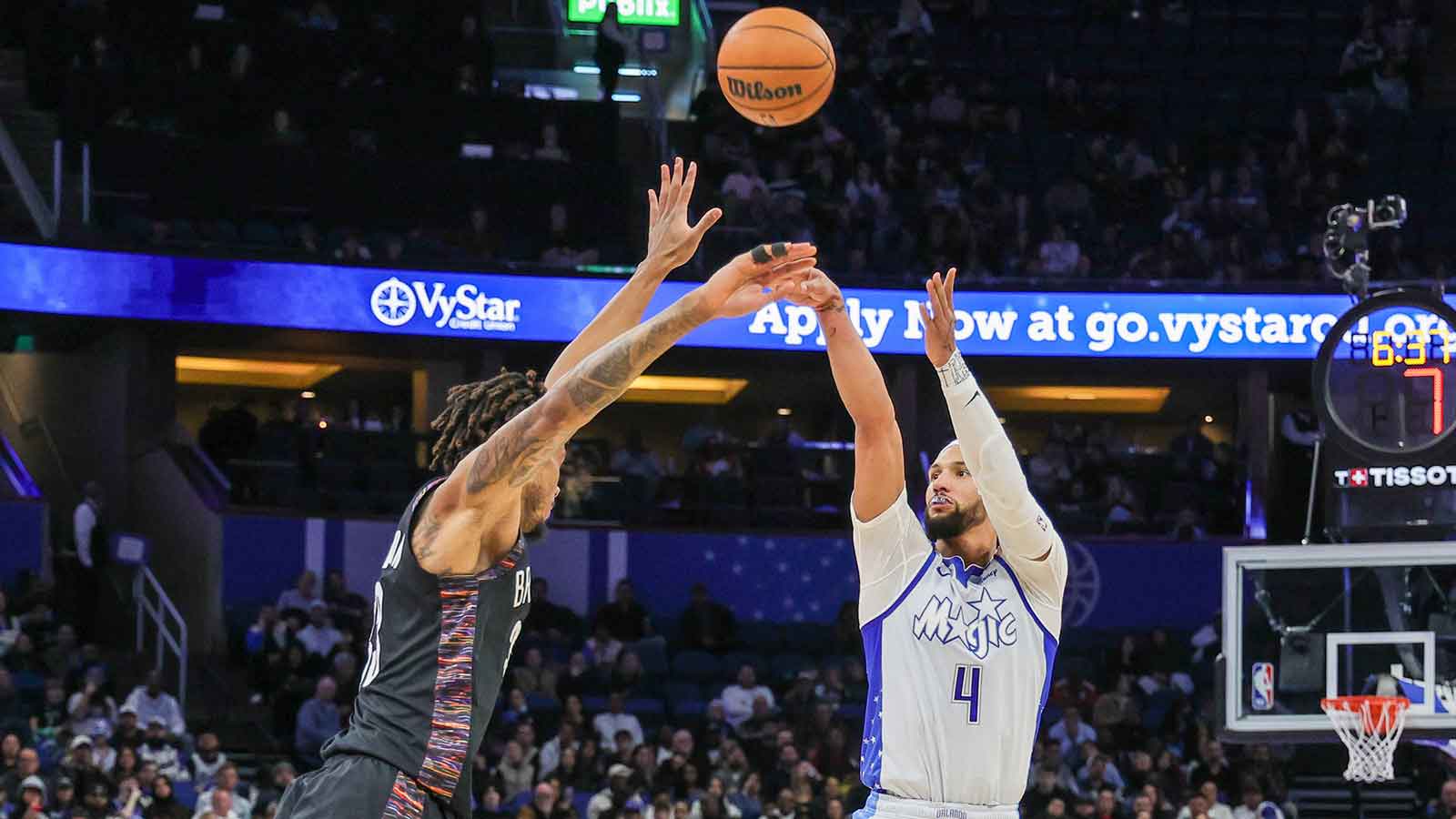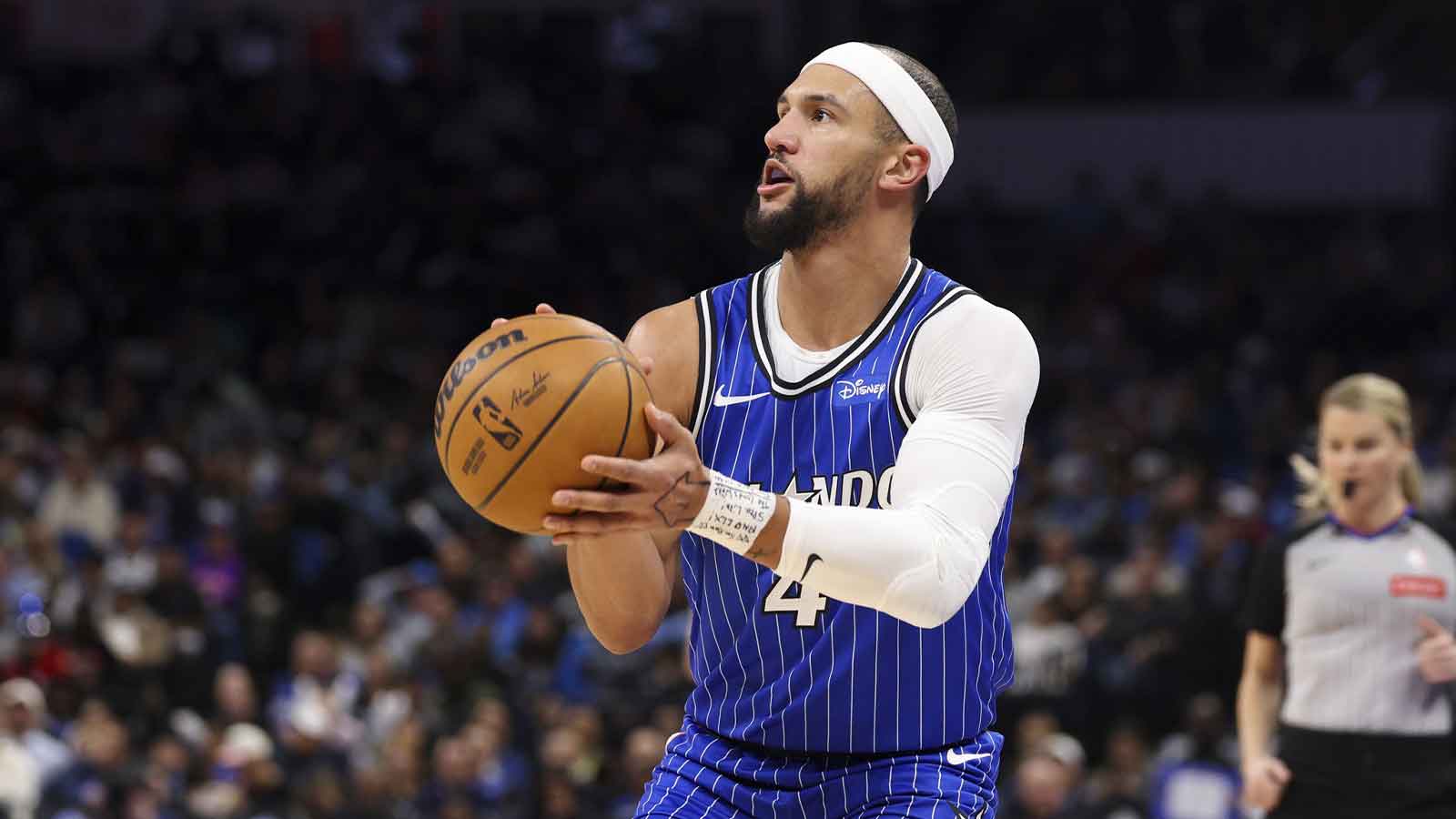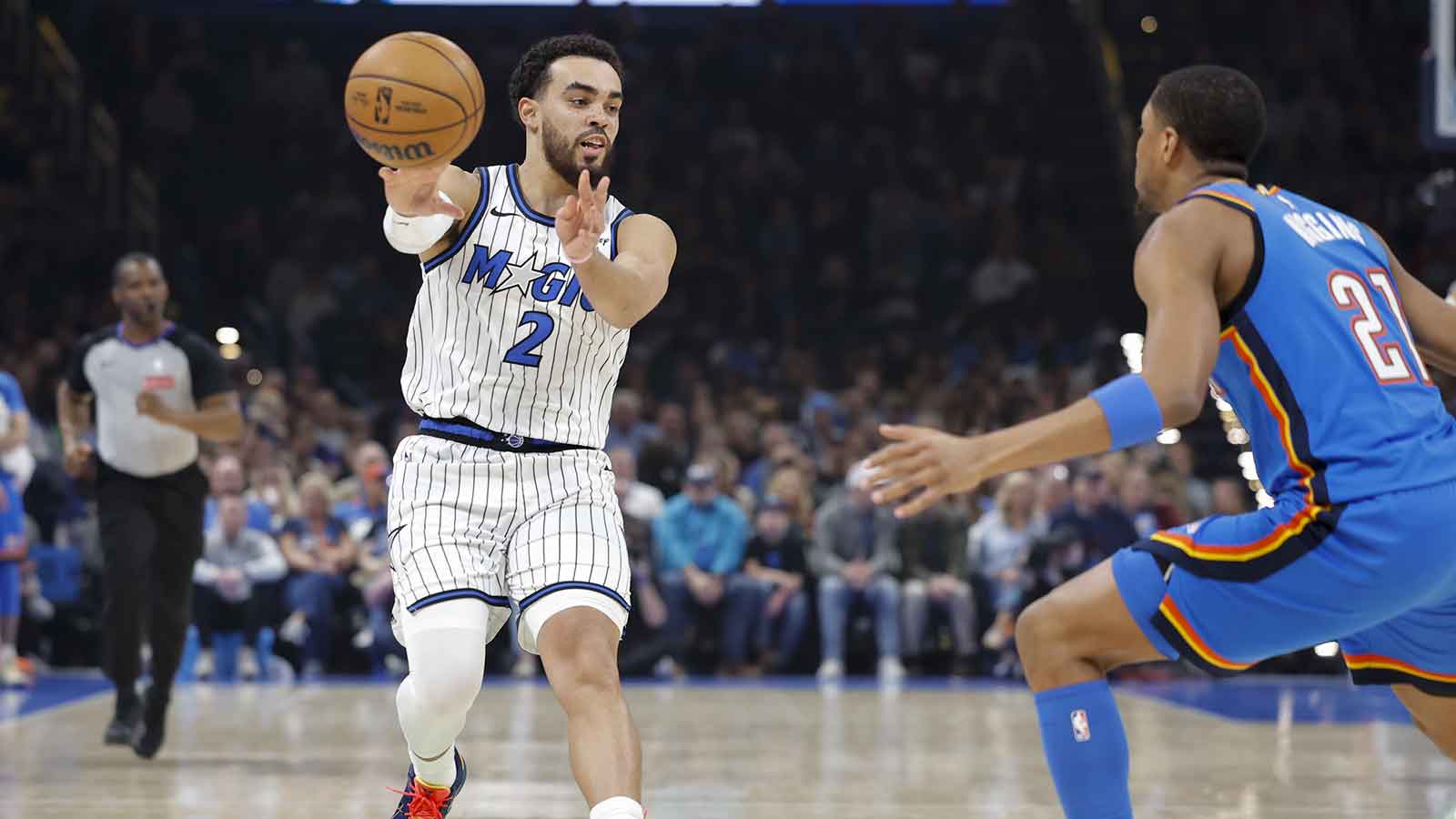The NBA Finals might be ongoing, but that doesn't mean that the other 28 teams must stop looking for ways to improve their team. For the Orlando Magic, they might be sensing that the they can pry their window of contention wide-open with a single move, as they secured the services of noted marksman Desmond Bane in a blockbuster trade with the Memphis Grizzlies.
However, the price of acquiring Bane did not come cheap. The Magic had to give up four unprotected first-round picks as well as a pick swap in 2029 just so they could solve their offensive woes with a long-term solution in Bane, who comes under contract until the 2028-29 season. And at only 26 years of age, he is in the middle of his prime and can grow alongside the up-and-coming trio of Paolo Banchero, Franz Wagner, and Jalen Suggs.
Considering how much the Magic gave up for Bane, there's no reason to expect them to be a major player on the trade market anymore. For better or for worse, this is the core they're going to be rolling with for the foreseeable future. A quick glance at their roster shows that they have a long way to go before fielding a team that's ready to win it all, but crazier things have happened (or are happening — just look at the Indiana Pacers' 2025 miracle run) and the Magic are at least well-positioned to capitalize on some madness.
If there's any trade left for the Magic to do, it's not going to be too big of a blockbuster deal. But they still have some young prospects to dangle even in the aftermath of the Bane trade, which could then free them up to acquire another piece to aid them in their contending dreams.
Magic acquire more shooting, trade for Cam Johnson
Magic acquire: Cam Johnson
Brooklyn Nets acquire: Anthony Black, Moritz Wagner, Jett Howard, 2027 first-round pick swap

If there's one thing this year's playoffs taught every front office in the NBA, it's that depth might be the most valuable asset that can power a deep playoff run. The Oklahoma City Thunder and Indiana Pacers have gone at least nine-deep all postseason long, and both teams have battled back and forth in the NBA Finals, with the latter needing just one more win to claim their first title in franchise history (since the NBA-ABA merger).
For the Magic, they are about to run a deep team next season; their starting lineup, presumably, will be consisting of Suggs-Bane-Wagner-Banchero-Wendell Carter Jr., while the likes of Anthony Black, Jonathan Isaac, and Goga Bitadze will be the first names to be called upon by head coach Jamahl Mosley off the bench. That is a playoff-ready eight-man rotation, with potential for the likes of, Jett Howard, Tristan da Silva, and Moritz Wagner (when he returns from injury) to make an impact as well.
Thus, one would think that the Magic would prefer to keep their depth and stand pat now that they've gotten their man in Bane. But even with the arrival of the career 41 percent shooter from beyond the arc, Orlando's roster still doesn't have too much shooting. Nearly every one of the Thunder and Pacers' rotation players can at least shoot the three-ball, so acquiring more shooters is going to be important for the Magic for them to fulfill their championship dreams.
Last season, Caleb Houstan was the Magic's best shooter in terms of efficiency (he shot 40 percent) but lacked the volume (just 160 attempts). He remains their best shooter outside of Bane. He played in just 13.6 minutes last season and doesn't figure to feature prominently in their rotation next season.
Meanwhile, Wagner was the Magic's leader in total three-point makes (outside of the traded Kentavious Caldwell-Pope) and he shot 29.5 percent from deep after a late-season slump. Teams are still going to shrink the floor against the Magic, and the presence of Bane, while extremely helpful, won't be nearly enough to compensate for the spacing woes they're going to run into. Lineups without Bane will still struggle to space the floor.
It's clear that there remains a major need for the Magic to add another volume shooter to their ranks, and luckily for them, one remains on the trade market in Cam Johnson. The Nets have made it no secret that they are dangling Johnson in a trade, preferably to move up in the draft. But if they cannot use Johnson and his three-point shooting utility to achieve their primary goal, they should perhaps look the Magic's way and seek to acquire some of their young prospects, such as Anthony Black and Jett Howard, in return for the veteran sharpshooter.
Will Orlando give up on Anthony Black?
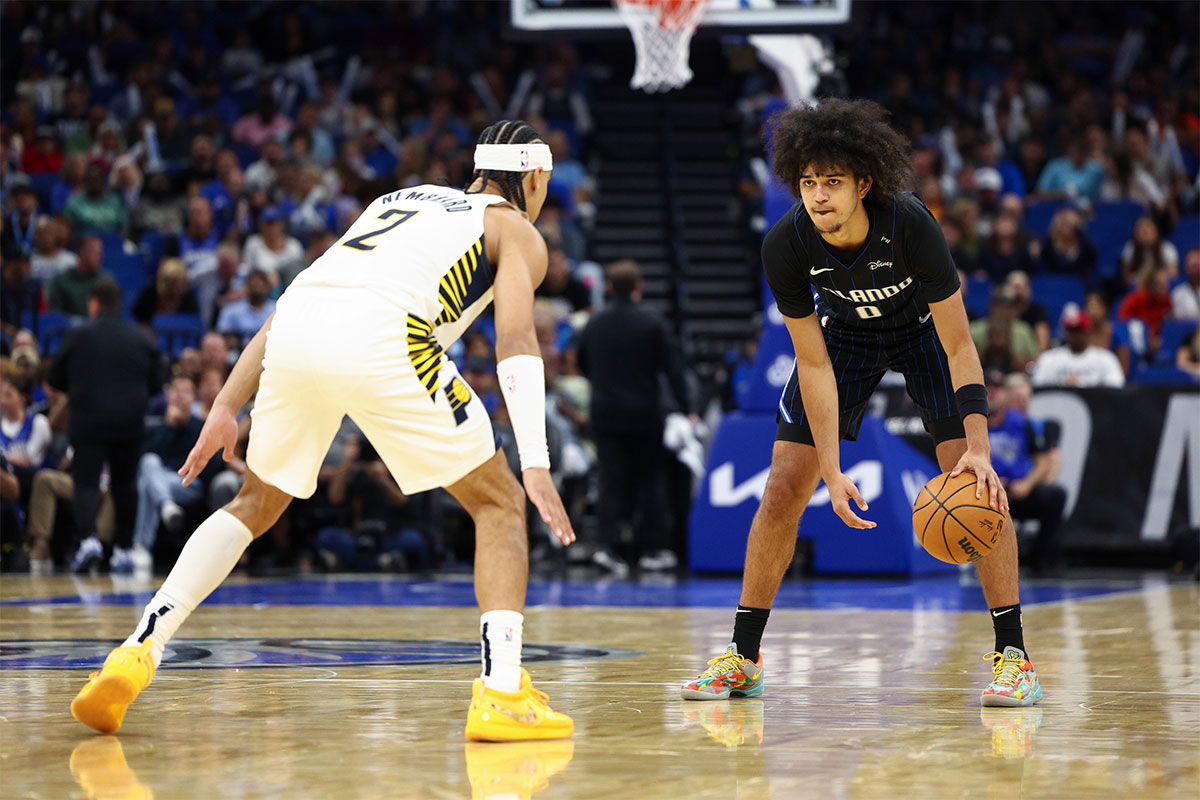
It's not quite clear if the Magic ever involved Black in trade talks with the Grizzlies for Bane. But they decided that it was better for them to hold onto him, instead trading away all those first-round picks that have the NBA world buzzing. This makes it quite unlikely for the Magic to give Black up, especially for a player worse than Bane in Johnson. (Johnson doesn't have the playmaking and ballhandling ability that Bane has.)
But perhaps the Magic would be more willing to trade Black if they could get a similar up-and-coming player to Bane.
Trey Murphy heads to Orlando
Magic acquire: Trey Murphy, Jordan Hawkins
Pelicans acquire: Anthony Black, Jett Howard, Tristan da Silva, Moritz Wagner, Caleb Houstan, 2027 and 2031 first-round pick swaps
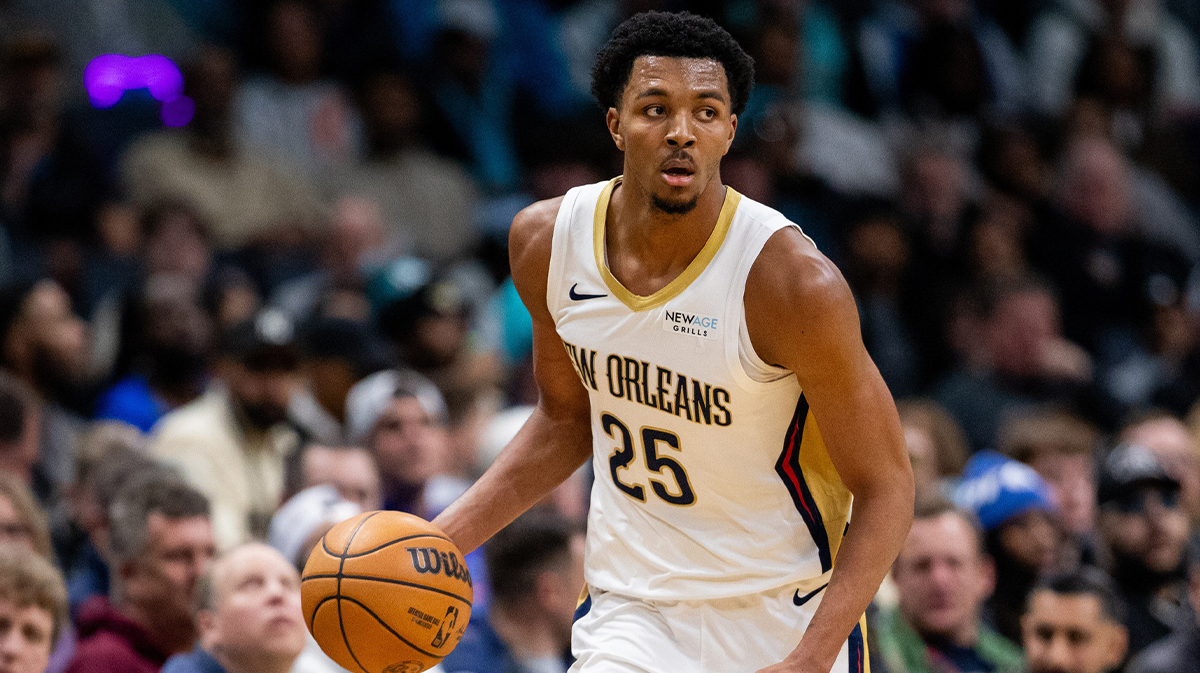
Murphy is similar to Bane in that both are under contract for reasonable amounts until the 2028-29 season. Murphy is only 24 years old, and he took major strides in his game last season amid the Pelicans' injury woes. He fits Orlando's timeline, and a core of Suggs, Bane, Banchero, Wagner, and Murphy are going to make waves in a wide-open Eastern Conference.
Murphy is not just a three-point shooter; he expanded his game off the dribble last season without suffering too big of a drop-off in his efficiency, and he ended up averaging 21.2 points per contest. With a more talented team around him and less burden to create for himself, one could expect his scoring efficiency to rise.
Depth could be a concern for the Magic if they give up five players in exchange for just two. But for their troubles, they'll be receiving Jordan Hawkins as well (another young shooter). Their bench will still consist of Isaac, Bitadze, Hawkins and (most likely) Murphy — with Murphy being a super-sixth man who could slot in as the fifth man in super-switchable, death-ball lineups with Banchero at the five and Wagner at the four.
Orlando will have to sign a point guard in free agency to be the backup to Suggs, especially now that Anthony and (in this hypothetical) Joseph are off the team. Perhaps someone like Tre Jones or Dennis Schroder could be worthwhile pickups, and that would still allow the Magic to go nine-deep.
The Pelicans, however, will be asking for the world in any Murphy trades, and with the Magic out of draft capital (they can only trade away pick swaps), a Murphy deal might be dead in the water before it even had a chance to set sail. New Orleans is under a new regime, and they will look to put the horrors of last year's 21-win season in the rearview mirror. Murphy, as a bright young piece, figures to feature prominently in their long-term plans.
But if the Magic find that the Pelicans are enamored of Black more than any other team, perhaps there is a deal that could be struck that turns Orlando into a powerhouse just waiting to be unleashed.

